Synopsis
"Working in a film was a different experience; I was required to show up with my A game"
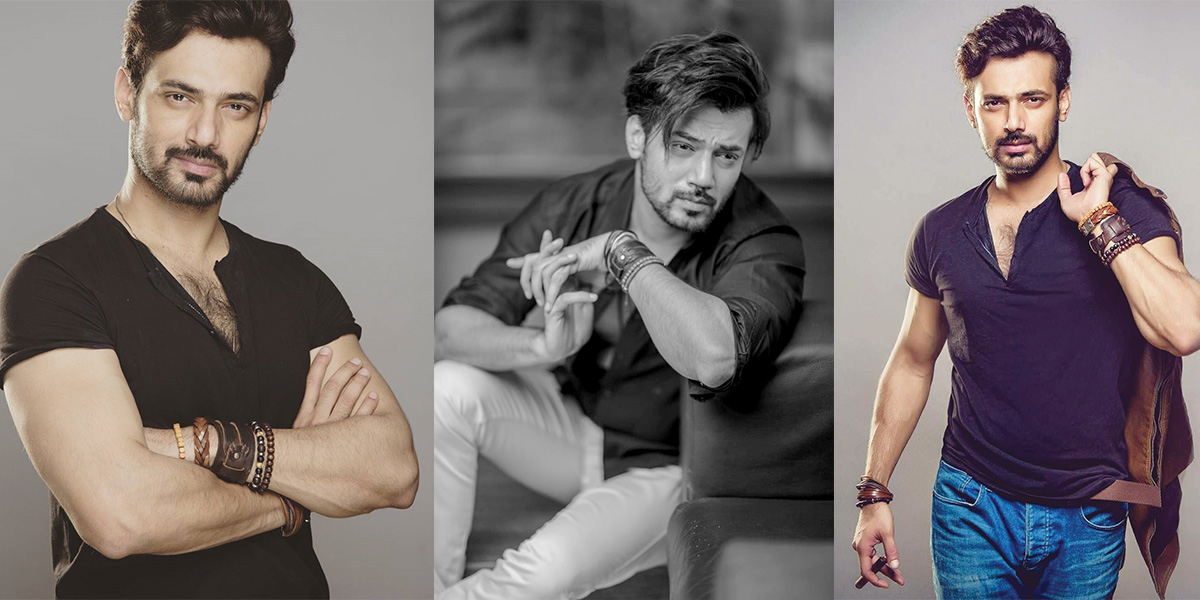
Zahid Ahmed is among Pakistan’s most versatile actors. Ahmed received widespread acclaim as an actor in 2014 for his portrayal of Muhammad Ali Jinnah in plays, ‘Sawa 14 August’ and its sequel ‘Pawnay 14 August’ both written by Anwar Maqsood. He made his television debut with drama serial Mehram opposite Moammer Rana and Ayesha Khan. In no time Zahid Ahmed became a household name for his brilliant acting and impressive vocals. His breakthrough role in Alvida (2015) rewarded him with Hum Award for the Best Villain.
Now he is recognised by his portrayal of leading roles in several successful series, including Zulfi of Jugnoo (2015), Hadi of Zara Yaad Kar (2016), Haider of Besharam (2016) Saif of Tau Dil Ka Kia Hua (2017), Akku of Visaal (2018), Sameer of Ishq Zahe Naseeb (2019), Nain of Mein Na Janoo (2019)and recently Admiral Rasheed in Hangor S-131 (2021).
The star has put an additional feather in his cap by appearing in his first feature film Ghabrana Nahi Hai opposite Saba Qamar. BOLD had a detailed chat with Zahid Ahmed on his past, present and future.
How was the experience of playing a police officer in GNH?
My role is serious, very hero type. It has shades of positive, negative and grey but not a comic relief. Actually art imitates life. So, our films also portray a cop mostly, corrupt, unfortunately. I hope this department corrects itself in reality and we present a positive image of them. So Sikandar is a very corrupt cop, who has a journey and a transition throughout the film.
How was the experience of working with Saba Qamar in film?
It is always amazing. She is among those artists, who just focus on their work. When working with Saba, one doesn’t need to be worried about the usual (or probable) tantrums of a heroine like; coming late on sets because of sleepless nights, mood swings, wasting time ordering food, and etc. These things affect work but you can easily subtract them when your co-star is Saba. She utilises more time and energy in discussing how to get scenes and actions better. I think this is one of the best things when you get to work with Saba.
Would you like to share the experience of working on your first film. Who used to come late and who showed more tantrums?
Honestly, and fortunately there was not any genuine disciplinary issue from the cast and crew on sets but yes because of the scarcity of time and resources (as we halted our shoot due to Covid-19 and then resumed it later) we had to take a lot of pressure. We worked for long hours, sometimes 18 to 20 hours non-stop a day. I remember the tiring dance numbers which we started four in the evening and packed up the next day by four in the morning. So we were required to show up and bring our A game. It was a different experience.
How was it sharing the screen with Syed Jibran, the major comic relief in the film?
Actually we both are not sharing the screen together a lot but there are some scenes in which we three (Saba, Jibran and I) are together. These scenes are very funny, interesting and enjoyable.
Your fans have not seen you dance on the screen. Were you nervous during the song picturisation in GNH?
I think I am a pathetic dancer. In GNH, I found it quite difficult to shake the leg, but I hope I will learn this trade as well if I have to in future.
What do you prefer in a script or role before accepting it?
Actually on television, my objective of acting is to show its range from positive, negative and grey in characters, whether they are psycho, split personality, romantic and more. I think characterisation is a game of thoughtful writing. Our writers are successful in writing these complex and romantic characters.
In a successful line of dramas on your credit, you mostly chose to do serious roles even in a comedy film. Why?
There was a time we used to have plays penned by Anwar Maqsood and Haseena Moin. If I get the humour of that calibre, I would not give it a second thought and accept it. Right now our television is limited to only sitcoms. But yes from the last three to four years, the situation is getting better especially through Ramzan special comedy plays. You can’t say that it is over the top kind of comedy, but a very decent and balanced one. So if I get a chance of doing a role in them, I will be interested. I absolutely love comedy. It is just about finding the right scripts and a right slot. By the way, Saba and I have worked together in a comedy eid special telefilm Dil Diyan Gallan.
Last year, we saw you in a short film, Prince Charming with Mahira Khan on a web portal. Would you like to share the experience?
That was a wonderful experience. Mahira is a very cooperative co-star and Sheheryar Munawar was superb at his directorial debut in the film. One thing, I want to mention here that we slightly missed a point towards the crux of the story. Many people perceive it as if a man is ignoring his wife after a certain period of their marriage and she has gone into depression. No, that was not our objective of that short film. It was actually the post marital depression for both, husband and wife. I assume that in order to manage the duration of the film, some of my shots were edited from the film, which could enhance the fact that post marital depression affects both the partners. It was not just about an insensitive husband ignoring his wife but the wife also, because of being in a state of depression, was overlooking his husband in many things. So, what I think we were somehow could not convey this message clearly to our viewers. It was one sided. You started your showbiz career with the radio. Still we can witness those waves of voices on screen.
Did the experience of radio help you in acting?
Yes, that experience helped me a lot where there is a need to use highs and lows in voice for a character. Here, I want to clear a misconception as many people think that a heavy voice would always considered as masculine and appealing. Actually, a voice, how perfect it is, without its highs and lows, becomes monotonous and boring to listeners after a certain time. So an actor must try on his/her vocal chords as well.
What type of characters do you want to do in future?
I always try to find more challenging roles for myself so I can push my boundries as an actor. I came on television after I did a role of Quaid-e-Azam Muhammad Ali Jinnah in a stage play. I wish I could depict that role again on television. I now want to portray some non-fictional roles, like our legends from religious or national history. I look forward to adapting public figures like Muhammad Ali Jinnah and Imran Khan, who are recognised by people, with their pictures and even with their voice. I think these roles give an actor a challenge where you have to be like those figures without using your own imagination much. So yes I want to do something like that.
Catch all the Breaking News Event and Latest News Updates on The BOL News
Download The BOL News App to get the Daily News Update & Live News.





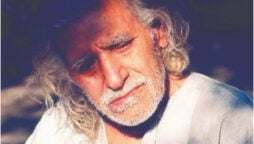
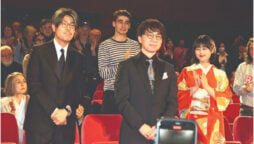
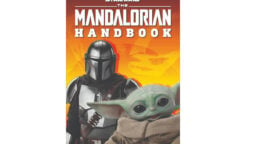
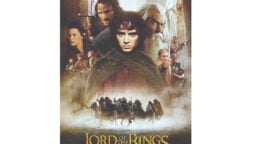
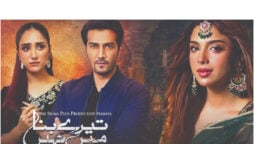
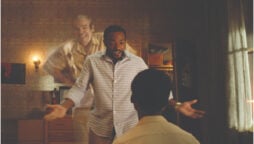

 Read the complete story text.
Read the complete story text. Listen to audio of the story.
Listen to audio of the story.